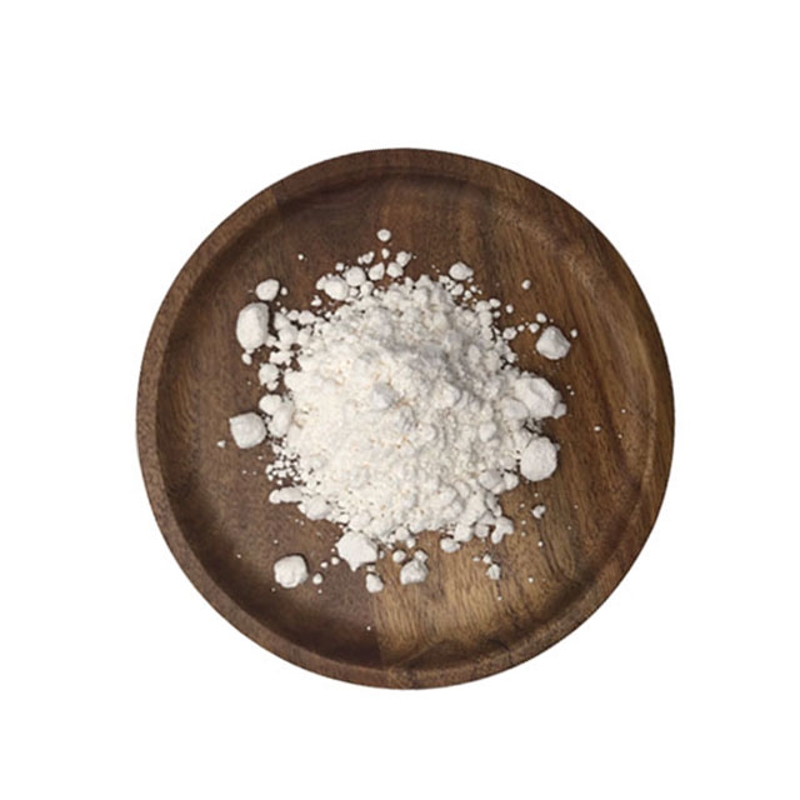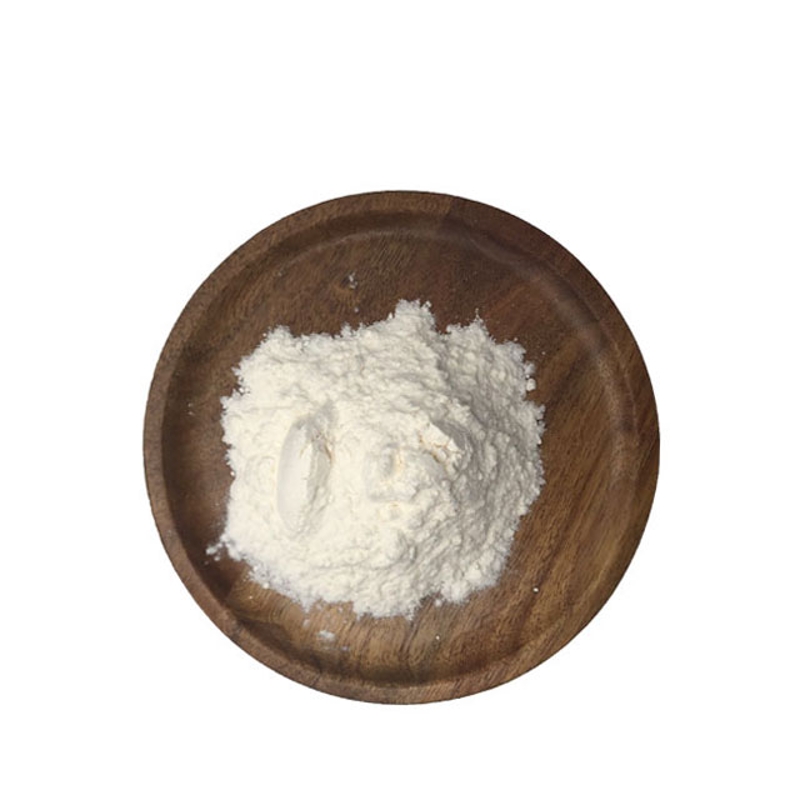Cell: Seize the cancer 'metabolic weakness'! Real-time metabolic tracking and fat-free diet, tumor diagnosis and treatment of good efficacy.
-
Last Update: 2020-07-19
-
Source: Internet
-
Author: User
Search more information of high quality chemicals, good prices and reliable suppliers, visit
www.echemi.com
Usually, cancer cells rely heavily on breaking down fat to promote their own growth and spread.a recent study found that the weakness of cancer cells can be grasped by surgical operation "iknife", and then the combination of new drugs and diet control can be used to realize a new mode of cancer diagnosis and treatment.this study was conducted by the team Zoltan takats of Imperial College London, the inventor of iknife smart scalpel, and the team of George poulogiannis. The results were published in the journal Cell.years ago, Professor zolta takats invented the intelligent scalpel iknife, which can burn cancerous tissue with electric charge, extract information from the gas emitted by tissue combustion, and feed back to surgeons, so as to help doctors accurately remove cancerous tissue, reduce the damage to healthy tissue around cancer, and reduce the risk of tumor regeneration after surgery.the combination of iknife and rapid evaporation ionization mass spectrometry (Reims) can be used for transient chemical analysis of aerosols produced during tissue burning.specifically, in the latest study, scientists studied cancer cells and patient-derived tumors in the laboratory through iknife to look for "metabolic fingerprints", and then found a molecule called PI3K, which is crucial for the growth and survival of cancer cells and plays a key role in triggering the release of arachidonic acid (a key omega-6 fat).the researchers found that the mutant form of PI3K (PIK3CA) drives multiple signaling pathways, involving the activation of another key molecule cPLA2, which releases arachidonic acid, which in turn contributes to the uncontrolled growth and spread of cancer.the team then demonstrated in mouse studies that a new drug called cPLA2 inhibitor (used in clinical trials to treat various inflammatory diseases) can be used to treat fat dependent cancer.but these drugs are only effective if they are combined with dietary changes to limit fat intake.because when mice were treated with drugs that inhibit cPLA2 and were fed a plant-based fat free diet, tumors with mutant PI3K stopped growing and spreading.however, cPLA2 inhibitors were ineffective when mice were fed a "western" diet rich in omega-6 fatty acids.the researchers concluded that targeting cPLA2 is only effective if there is no dietary source of arachidonic acid or other fats to promote cancer.in other words, for these drugs to be effective, a fat free plant diet must be used.of course, they also stressed that these findings only apply to the use of these experimental cPLA2 inhibitors, not that the presence of fat interferes with any existing anticancer drugs, nor that fat restriction in the diet prevents tumor growth."for a long time, we have known that cancer has genetic weaknesses that can be solved by treatment, but our research shows that cancer is also prone to specific metabolic weaknesses."Dr. George poulogiannis said," we found that tumors usually rely heavily on specific fats and their products to promote their growth and spread, and preventing their ability to process these fats may be an effective treatment. Professor Paul workman, director of the Institute for cancer research in London, said: "this is an exciting and important study showing that cancer can be understood and treated by looking at so-called metabolic fingerprints.the new findings identify specific metabolic weaknesses of cancer cells, which can be used in combination with innovative drugs and a fat free diet; more broadly, the study opens up a new approach to cancer treatment, targeting at tissues that differ between tumor metabolism and metabolism. "in conclusion, this study suggests that blocking the release of a key omega-6 fat called arachidonic acid from a specific cancer subtype may be an effective treatment, but only if the source of this fat in the diet is also eliminated. in addition, the analysis of metabolic fingerprints of cancer is a key tool for understanding, diagnosing and treating the disease. in the future, it may be possible to analyze the metabolic fingerprints of cancer when patients are using the iknife operating table and combine it with drug and diet therapy. end References: [1] cancer's reliance on fat could be targeted with new 'drugs and diet' treatment
This article is an English version of an article which is originally in the Chinese language on echemi.com and is provided for information purposes only.
This website makes no representation or warranty of any kind, either expressed or implied, as to the accuracy, completeness ownership or reliability of
the article or any translations thereof. If you have any concerns or complaints relating to the article, please send an email, providing a detailed
description of the concern or complaint, to
service@echemi.com. A staff member will contact you within 5 working days. Once verified, infringing content
will be removed immediately.







